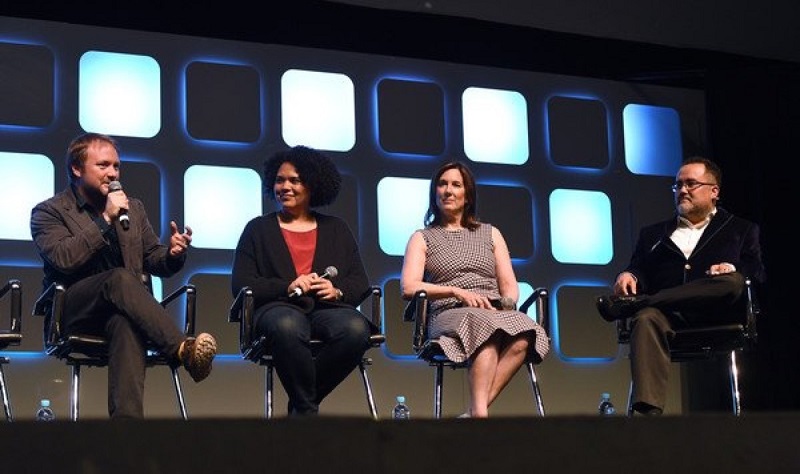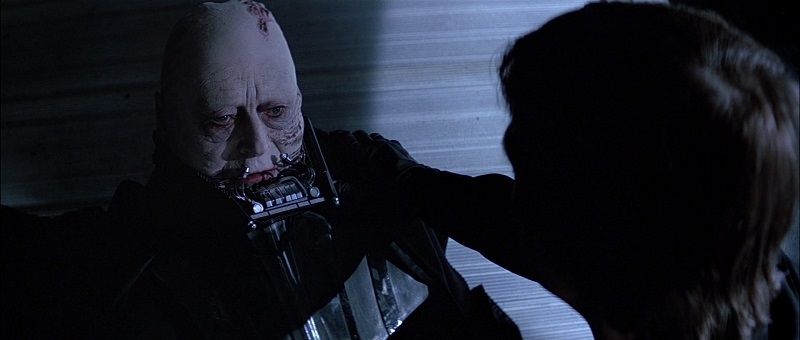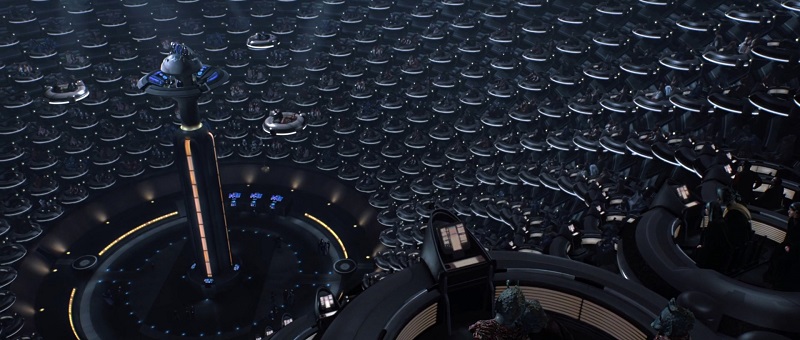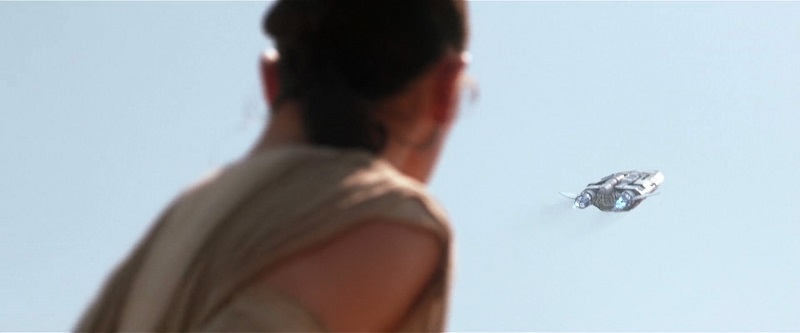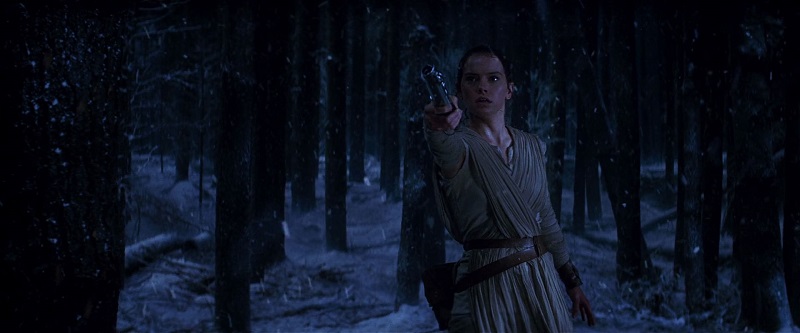
Among the myriad responses to The Force Awakens, two in particular have caught my eye recently. One is the criticism that Rey is “overpowered,” and that her Force abilities come too easily to her. The other is a theory: that Finn will ultimately be revealed to be Force-sensitive himself. Two very different responses, but I think both are missing a fundamental truth that lies at the heart of Star Wars: simply put, this is a galaxy where some are born with exceptional powers, and others are not, and the films are interested in telling the stories of both.
A brief note before we begin. As this article on StarWars.com suggests, potentially anyone may be able to learn to use the Force to some degree. Midi-chlorians reside, as Qui-Gon Jinn says, within all living things. Yet it is also true that Force powers come more easily to some than others. While there is an interesting story to be told about a character with a low midi-chlorian count who learns to use the Force through hard work and meditation, it is not a story that has yet been told, and I do not see that changing in the near future. As Han Solo bluntly puts it to Finn in TFA, “That’s not how the Force works.”
I should also note that the criticism of Rey being “overpowered” often comes hand-in-hand with the allegation that she is a “Mary Sue.” That reductive and erroneous assertion has been dealt with eloquently by excellent writers elsewhere, so I will not be addressing it here. Read More
